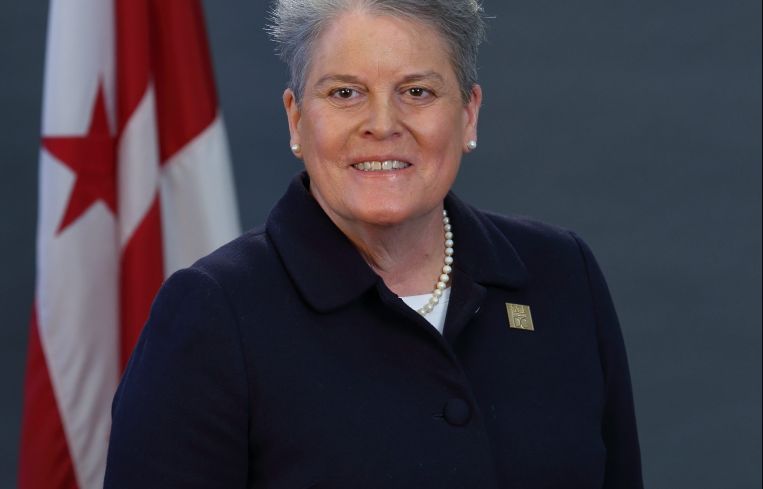Housing Agency Misused $82M Directed for DC’s Poorest Residents: Audit
DHCD exceeded its goals for disbursing resources for affordable housing for households in the low- and very low-income categories
By Keith Loria October 6, 2021 4:55 pm
reprints
The Office of Inspector General has found that Washington, D.C.’s Department of Housing and Community Development (DHCD) misused $81.7 million that was earmarked for housing the city’s poorest residents, according to a recent audit.
The OIG’s audit fixated on DHCD’s use of the Housing Production Trust Fund (HPTF), which produces and preserves affordable housing units in the District.
The main claim is that the distribution of funds was improperly balanced, with more funds going to affordable housing of a higher tier, rather than to those with the lowest income, as required.
According to D.C. code, at least 50 percent of the funds disbursed from the HPTF during a fiscal year will help create and preserve affordable housing units for extremely low-income households, while the balance is required to help fund affordable housing units for very low-income households and low-income households, with targets of at least 40 and 10 percent of median family income (MFI), respectively.
The audit found that DHCD exceeded its goals for disbursing HPTF resources to produce and preserve affordable housing units for households in the low- and very low-income categories; however, it failed to meet the requirements for extremely low-income households.
Two of the factors that contributed to the missed goals, according to the OIG, were DHCD’s failure to first, follow a competitive project selection criteria and second, select proposals in accordance with the funding requirements to accommodate extremely low-income households with housing opportunities.
In a response to the Inspector General, Polly Donaldson, who just retired as director of the DHCD in September after six years on the job, noted that the District’s affordable housing plan was a work-in-progress.
“It has been an incremental process over the years to target the 50 percent MFI and below bucket and we are now at the state where the city and DHCD can align our resources to better target the 30 percent MFI and below bucket for the first time,” Donaldson wrote in a letter to the OIG.
Donaldson also noted that housing serving extremely low-income households was made a priority project evaluation criteria in the District’s 2021 plans.
During her term under Mayor Muriel Bowser, Donaldson helped design and implement the District’s affordable housing strategy, which has seen more than $600 million invested in affordable housing projects, including an unprecedented $400 million investment in the HPTF for both the fiscal year 2021 and 2022 budgets.
“In fact, over the last six years, the District has invested more funds into affordable housing per capita than any other city in the country and has seen the results,” she wrote. “This strategy has produced over 14,520 units of affordable housing with another 12,400 under construction or in the pipeline and has preserved another 1,400 units of existing affordable housing.”
Furthermore, she acknowledged that despite DHCD’s intentional approach to target the lower-income bands — a position agreed upon by the OIG — she knows more needs to be done to coordinate HPTF investment at extremely low-income levels.
Donaldson also asked the Inspector General to amend the title of the report to reflect the fact that DHCD exceeded some HPTF requirements, and was only asked to increase investments for extremely low-income housing.
The OIG audit also found $10.2 million in past-due loans with no initiated collection activity or modification of loan terms. DHCD responded to this claim in its letter by revealing that a majority of the loans in the HPTF portfolio are structured as deferred loans or cash-flow loans, payable out of available cash flow, so repayment isn’t necessarily the priority.
In some cases, OIG officials discovered landlords overcharged tenants in affordable housing units beyond the maximum allowable rents mandated by D.C. law.
Of 20 recommendations for action made by OIG for corrections to deficiencies, DHCD agreed with 10, partially agreed with two and disagreed with eight.
Requests from Commercial Observer for further comments were not returned by the time of publishing.
Update: This story originally misattributed source material. This has been corrected. We apologize for the error.
Keith Loria can be reached at Kloria@commercialobserver.com.



